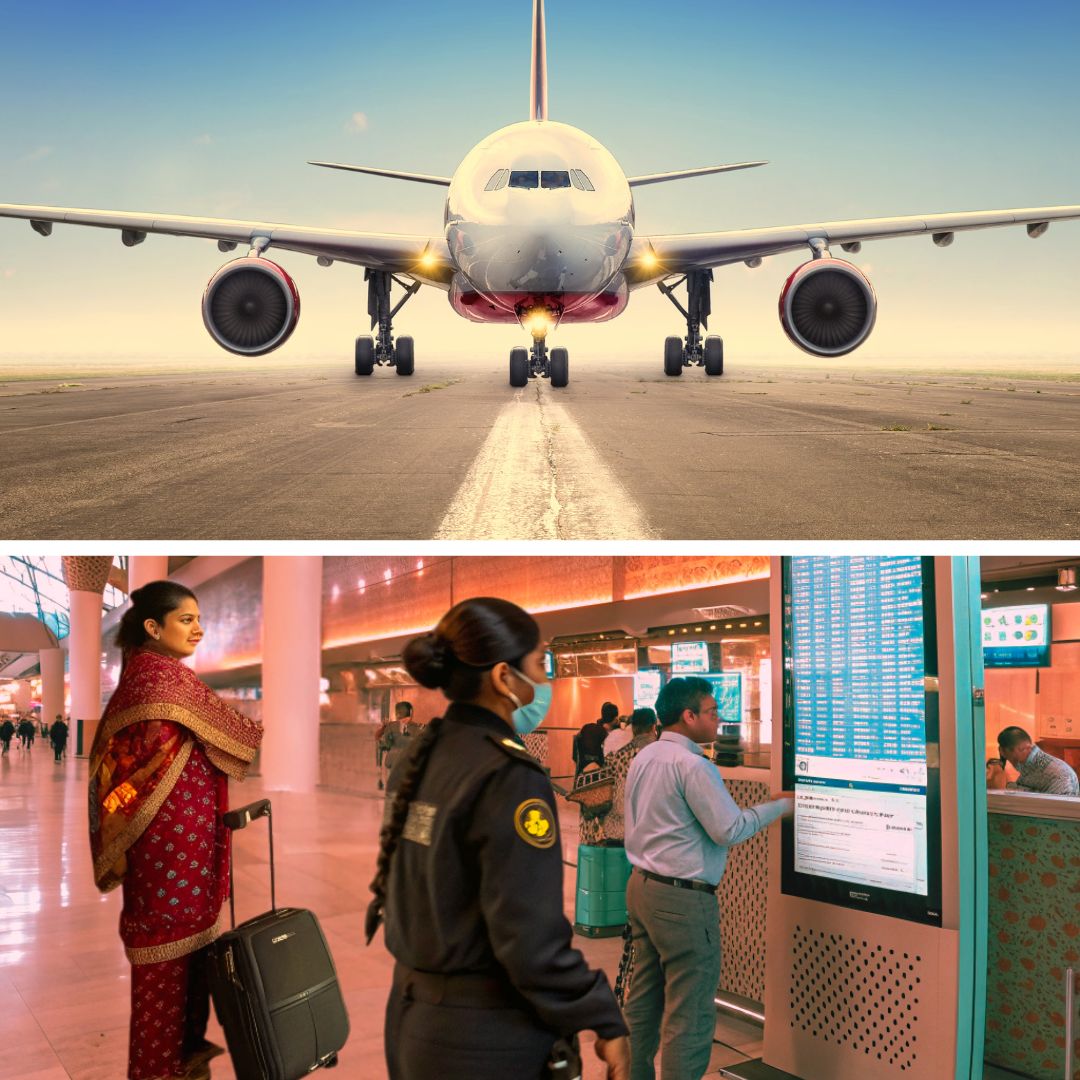Starting April 1, 2025, airlines operating international flights will be mandatorily required to share comprehensive passenger information with the Indian Customs Department, facing penalties ranging from Rs 25,000 to Rs 50,000 for non-compliance. Airlines must register with the National Customs Targeting Centre-Passenger (NCTC-Pax) by January 10, 2025.
Digital Border Control: Comprehensive Data Collection Strategy
Under new regulations from the Central Board of Indirect Taxes and Customs (CBIC), airlines must submit 19 detailed data points for international travelers. These include full names, passport details, travel itineraries, mobile numbers, payment methods, and baggage specifics. A senior CBIC official stated that this advanced passenger information (API) system aims to create a robust digital screening mechanism. “This isn’t just about tracking travelers; it’s about creating a proactive risk management framework that can prevent potential economic crimes and national security threats,” the official explained.
Key Data Points and Technical Specifications
The mandatory data points will encompass:
- Passenger full name
- Passport/travel document details
- Date of birth
- Nationality
- Travel document expiration date
- Point of origin
- Flight details
- Contact information (including mobile numbers)
- Payment method details
- Baggage information
- Ticket issuance dates
Phased Implementation and Compliance Timeline
The implementation will occur in phases, beginning with a pilot program for select airlines in early 2025. All airlines must comply by April 1, 2025, while those using Global Distribution Systems (GDS) have until June 1, 2025. Airlines failing to comply will face penalties ranging from Rs 25,000 to Rs 50,000 per violation. They must also register with the NCTC-Pax by January 10, 2025.
Global Context and International Alignment
India’s move aligns with international best practices, joining over 60 countries that have implemented similar advanced passenger information systems. Experts suggest this digital transformation represents a significant leap in India’s border management capabilities, leveraging technology to streamline immigration processes and enhance national security protocols.
Potential Challenges and Industry Reactions
While some airlines have welcomed these regulations as a step towards improved security and transparency, others view them as an additional administrative burden. The directive stems from the ‘Passenger Name Record Information Regulations, 2022,’ which aims to bolster risk analysis and interdiction capabilities at borders.
The Logical Indian’s Perspective
While acknowledging the critical importance of national security, we must remain vigilant about potential privacy infringements. The implementation of such comprehensive data collection raises important questions about individual privacy rights and data protection. How can we ensure that technological surveillance remains a tool for protection rather than becoming a mechanism of unwarranted intrusion?
We invite our readers to engage in a constructive dialogue about balancing national security imperatives with fundamental rights to personal privacy and data protection.











